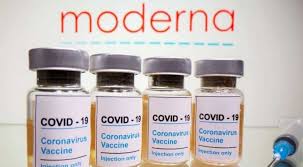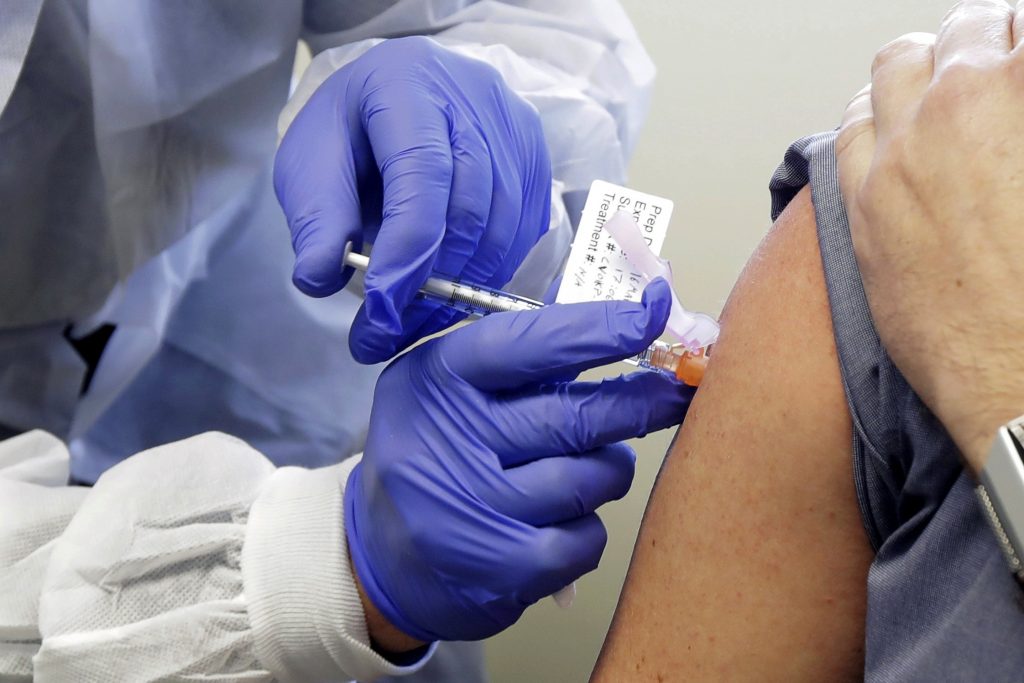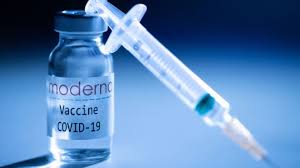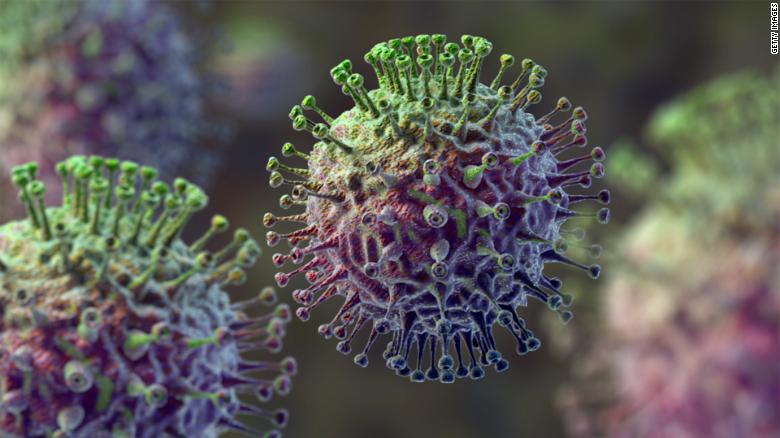The Food and Drug Administration confirmed the success and efficacy of Moderna’s two-dose coronavirus vaccine for adults early Tuesday morning — introducing the pathway for a second way of beating the virus in the U.S. later this week, based on a briefing released on the FDA’s official website.
An individualistic advisory panel to the FDA will gather this Thursday to vote on the Moderna vaccine, after which it will send an advisory to the agency. The shot is expected for authorization this Friday.
The panel aforementioned voted for acceptance at 17 against four last week — with one voter restraining — to authorize the Pfizer/BioNTech vaccine. Moderna’s vaccine shall become a critical add-on to the national supply. The U.S. government increased its order in a contract with the Massachusetts biotech company in the previous week to ensure 200 million doses are provided by summer 2021.

Approximately 6 million doses of Moderna’s vaccine will be delivered to 3,285 sites all across the U.S. in the first week, as of a Monday statement from Chief Operating Officer General Gustave Perna, Politico reported.
U.S. officials have claimed there will be sufficient doses this month to provide 20 million Americans — with Pfizer and Moderna’s coronavirus vaccines together. Both shots are elicited from mRNA technology, which guides cells to create antibodies able to fight and beat a COVID-19 infection.
Moderna’s vaccine proves a 94% effectiveness rate after both doses are tested — and appears to show significant improvement in patients suffering from critical illness, based on the data — which shows 30 of extreme COVID-19 cases of participating patients came from those who received the placebo, and not a single one of those from the vaccine part of the process.

In light of the latest approval of the Pfizer vaccine in the U.S., and Moderna’s nearly guaranteed to come in days, it’s appealing to take the respective convenience for granted. At the same time, in Europe, there is worry about the local availability of vaccines.
The lead drug regulator of the European Union (E.U.) is trying to speed up the continent’s review of a COVID-19 vaccine after continuous pressure from multiple governments to authorize the injection as the E.U. struggles to control a new wave of cases before the holidays start in full swing.
Last Tuesday, the European Medicines Agency stated it had scheduled a meeting on Dec. 21 — eight days earlier than planned — to discuss authorizing the Pfizer/BioNTech shot, the Wall Street Journal reported.
After the vaccine gains authorization in Europe, it will take days to produce the massive quantity of doses all across the continent, which results in vaccinations — in at least a couple of countries — might arrive before Xmas.

The medical agency and many national governments said a detailed review is required to provide the public confidence in the shot — critical in a period of increasing doubt about vaccines in the E.U. However, some E.U. leaders have become exasperated at the seemingly slow pace of vaccine review as the death toll from the coronavirus becomes higher.
In the course of an E.U. summit last week, at least three government leaders filed complaints about the struggle in explaining to their citizens why the U.S. and Canada were at the receiving end of a Europe-produced vaccine before the continent, said officials aware with discussions, based on WSJ.
“I aspire that the EU too will get efficient and unbureaucratic approval of the initial vaccines while in line with all scientific standards,” said Austrian Chancellor Sebastian Kurz to the WSJ. “The sooner we in the EU can begin vaccinating, the better. As every day of the pandemic in Europe is resulting in thousands of deaths, extreme economic damage, and uncountable people who are fearing for their jobs.”

In the meantime, the Peruvian government discontinued its testing of a major coronavirus vaccine produced in China after a patient experienced critical medical complications — while the country hopes it will begin shipping shots in the next three months, The Independent reports.
While the Pfizer COVID-19 vaccine (and seemingly also Moderna’s) release in the millions before the month-end, other global areas are still holding out for the initial authorization of candidate shots — which shows much of what we observe in the U.S. and Canada in the coming weeks will also be reflected as the E.U. and other regions race to catch-up the mass vaccinations of their respective citizenries.


